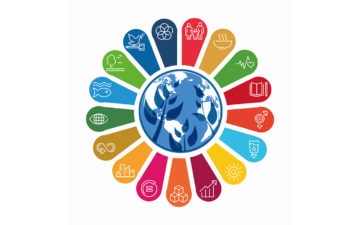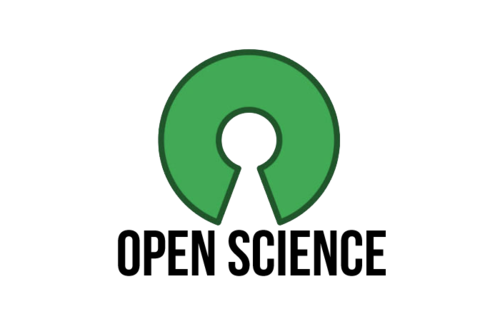Country of Residence
Discipline(s)
GYA Roles
Institution
National Research Centre & Galala University
Research Interests
Waste management
Climate change mitigation
Resources recovery from waste streams
Life cycle assessment and techno-economic evaluation
Occurrence, Transport, and Fate of Contaminants of Emerging Concern (CECs)
Application of Nanotechnology in Water & Wastewater Treatment
Addressing sanitation issues in resource-poor, developing countries
Topics to speak on:
Environmental management; Sanitation; Renewable energy production; Water sector; Climate change
Biography
Dr. Mahmoud is currently working as a scientist at the National Research Centre and Galala University. Armed with interdisciplinary education and training, Dr. Mahmoud is a long-term scientist working on strengthening environmental management and pollution control, especially for value-added resource recovery (i.e., clean water, renewable energy, and nutrients) from wastewater and biomass and for addressing sanitation issues in resource-poor, developing countries, ensuring safe water and sludge reuse. His research interests are strongly linked to the UN sustainable development goals (SDG), particularly focusing on SDG 3, SDG 6, SDG 7, SDG 9, and SDG 13. His key research objective is to incorporate fundamental findings into process models for system design, performance prediction, and technology enhancement. Over the past seven years, he has been able to secure up to 500,000 USD in funding as a PI or co-PI. In addition, he has been able to start a scientific collaboration with scientists in different countries, including the USA, France, Italy, the UK, Ireland, and Germany.
Dr. Mahmoud completed his Ph.D. degree in the civil, environmental, and sustainable engineering program at Arizona State University. His Ph.D. studies were supported financially by the prestigious Ph.D. fellowship sponsored by the Egyptian Ministry of Higher Education as well as ASU’s Graduate Completion Fellowship, ASU’s Faculty Emeriti Fellowship, Arizona Water Association Scholarship, and ASU’s Graduate Research Support Program (GRSP) fellowship. In his Ph.D. research, Dr. Mahmoud explored a new microbial technology, the microbial electrochemical cell (MXCs), which offers promise to capture the energy value of organic matter in various waste streams and biomass. Although MXCs offer significant advantages, such as low energy requirements and green energy recovery, poor operational stability and energy recovery still prevent MXCs from being commercialized. His research primarily focused on making the MXC technology an energy-positive process by improving electron recovery and current density generated from recalcitrant organic wastewater, such as landfill leachate.
He has authored over 65 articles in peer-reviewed journals, scientific books, and conference proceedings. In addition, he is an ad-hoc reviewer for 17 international academic journals, including Water Research, Bioresource Technology, and ACS Sustainable Chemistry & Engineering, and serves as an editorial board member for four peer-reviewed international academic journals. His research was recognized by the NRC’s President Award for the best applied research article in the year 2021, the American Chemical Society’s Graduate Student Awards in Environmental Chemistry for the year 2016 (< 20 awardees in the US each year), and the Misr El-Kheir Foundation’s Publication Award for the best scientific article in Egypt.
In addition, due to his scientific career achievements, he is currently an elected member of three management committees of the International Water Association: the biofilm specialists group, the Microbial Ecology and Water Engineering specialists group, and the sludge management group, representing the MENA region. The IWA is one of the world’s leading organizations and knowledge hubs for the water sector, with 60 years of experience connecting water professionals worldwide to find solutions to the world’s water challenges.
Activities



